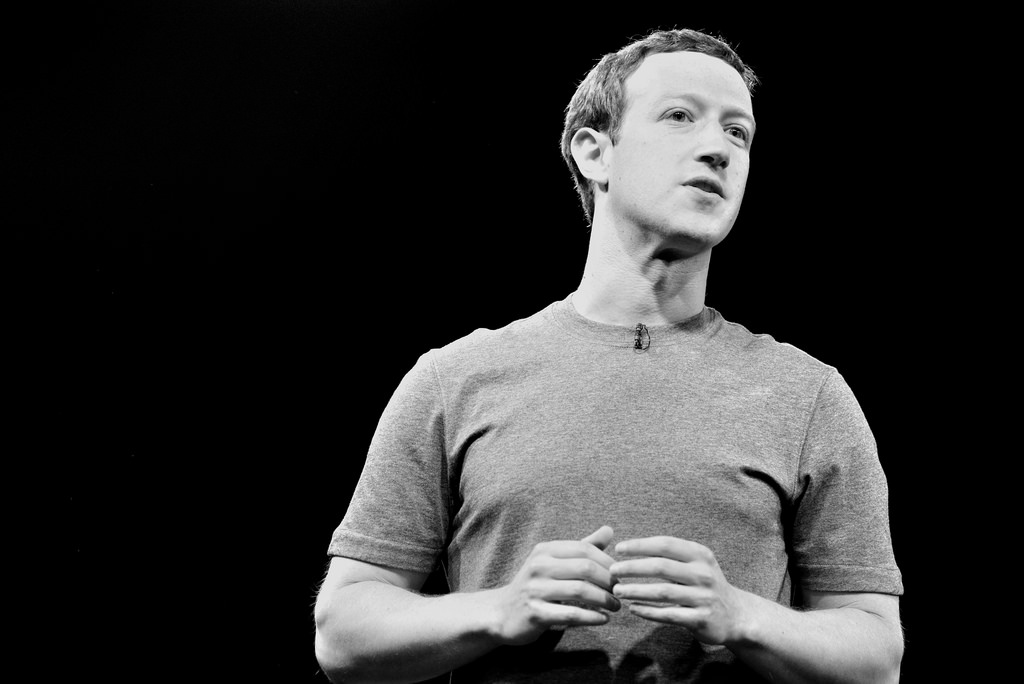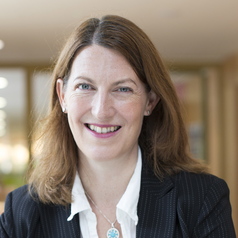Facebook founder Mark Zuckerberg and his wife Priscilla Chan have announced an impossible-sounding goal. They are investing $3bn (£2.3bn) of their fortune in a new initiative “to cure, prevent or manage all disease within our children’s lifetime”. This is their biggest philanthropic commitment since promising to give away 99% of their Facebook shares, valued at around $45 billion, to fund good causes.
The response to this announcement has largely been focused on whether their goal of “disrupting death” is realistic. While $3bn may sound like a huge sum, it’s not so monumental when compared to existing spending by both public and voluntary organisations. In the UK alone, the charity Cancer Research UK raises around £500m a year, and has made incremental but significant progress over the decades rather than “cured” cancer. And experts who welcome the investment in medical research point out that some of today’s most harmful health problems require personal lifestyle changes to diet and exercise, as much as laboratory-based solutions.
Yet while these reactions are understandable, they fail to recognise that feasibility is not - and is not required to be - one of the criteria for philanthropic spending decisions. Philanthropy involves using private resources to create a better society, a utopian goal that is inevitably subjective.
My research shows that many major contemporary donors are motivated by the challenge of tackling big problems and are willing to take risks to realise their ambitious ideas. They are free to do so because, unlike decision makers in the public and private sectors, they are not answerable to voters, customers or shareholders.
Private moonshots
It’s been over 50 years since US president John F. Kennedy set the impossible-sounding goal of putting a man on the moon, at a time when the state was behind many of the greatest achievements of the era. Today the public demand transparent, fully costed policy proposals for everything government does and judge political manifestos by pragmatic rather than idealistic yardsticks. As such, the mantle of ambition for grand “moonshot” projects has largely passed from politicians to philanthropists.
No doubt people working in the state and private health sectors share the same goal of disease eradication. But they must operate within constraints on how tax revenues and shareholder money can be used, and would pay the price of being held accountable for big bets that do not pay off.
Zuckerberg has already experienced philanthropic failure with his $100m (£76m) investment to “fix” the school system in Newark, New Jersey, which was heavily criticised. But nothing worse happened to him than having to admit he’d made mistakes and vowing to apply the lessons he’d learnt in the future. A failed philanthropic experiment does not result in the donor losing his or her job or elected office. They are, perhaps uniquely, free to follow Samuel Beckett’s advice to: “Try again. Fail again. Fail better.”
Having experienced so much success in business, self-made wealthy people also seem more immune to the sceptical reactions to their plans that are especially common in the UK, where philanthropy lacks widespread cultural affirmation. Yet the public sport of knocking philanthropists down is not new, and has in the past even targeted donors who are today held up as models of generosity.
A US congress investigation in the early 1900s into the new charitable foundations established by the likes of John D. Rockefeller and Andrew Carnegie, declared them: “a menace to the future political and economic welfare of the nation”. It is perhaps only the passage of time that improves the reputations of major donors. A study I conducted shows that the most favourable descriptions of philanthropists occur in their obituaries.
Philanthropy is, and always has been, a complex and contested part of society with many different forms, as my latest book demonstrates. So while some donors, like the Chan Zuckerbergs, choose to chase seemingly impossible goals, others prefer to fund conservation efforts, such as heritage projects, or causes that have no final goal, such as their local orchestra.
But all charity is intrinsically idealistic and often ambitious. The annual UK Giving survey finds that medical research and children’s charities are the most popular causes among ordinary UK donors. So even those of us who can only afford to give £10 often choose to place bets on big dreams such as curing cancer and ending child abuse.
No donor an island
You and I are also like the Chan Zuckerbergs in another way. No donor, however deep their pockets, can single-handedly solve complex and deeply entrenched problems. And today’s philanthropists realise this, using their gifts to leverage or unlock contributions from other donors as well as funding from public and private-sector agencies. The world’s largest private philanthropic institution, the Bill and Melinda Gates Foundation, works with global partners including national governments and the World Health Organisation.
The Facebook founder and his wife are taking the same collaborative approach. In a video posted 24 hours after their announcement, they explained the reason they believe their goal is achievable is because “we’re growing a movement to help fund science research. The more people believe we can cure all diseases, the more we can accomplish.”
While it is easy to accuse billionaire philanthropists of hubris, most of them realise that no donor is an island. Zuckerberg made his fortune by understanding the desire of people to connect with others. So it is perhaps unsurprising that his ambitious philanthropic plans also rely on harnessing the power of compassionate connections and galvanising the likes of you and I to share this moonshot goal.
 Beth Breeze does not work for, consult, own shares in or receive funding from any company or organisation that would benefit from this article, and has disclosed no relevant affiliations beyond the academic appointment above.
Beth Breeze does not work for, consult, own shares in or receive funding from any company or organisation that would benefit from this article, and has disclosed no relevant affiliations beyond the academic appointment above.
This article was originally published on The Conversation. Read the original article.




 The ghost of Robodebt – Federal Court rules billions of dollars in welfare debts must be recalculated
The ghost of Robodebt – Federal Court rules billions of dollars in welfare debts must be recalculated  6 simple questions to tell if a ‘finfluencer’ is more flash than cash
6 simple questions to tell if a ‘finfluencer’ is more flash than cash  Every generation thinks they had it the toughest, but for Gen Z, they’re probably right
Every generation thinks they had it the toughest, but for Gen Z, they’re probably right  Parents abused by their children often suffer in silence – specialist therapy is helping them find a voice
Parents abused by their children often suffer in silence – specialist therapy is helping them find a voice  Office design isn’t keeping up with post-COVID work styles - here’s what workers really want
Office design isn’t keeping up with post-COVID work styles - here’s what workers really want  FxWirePro- Major Crypto levels and bias summary
FxWirePro- Major Crypto levels and bias summary  What’s the difference between baking powder and baking soda? It’s subtle, but significant
What’s the difference between baking powder and baking soda? It’s subtle, but significant 
































